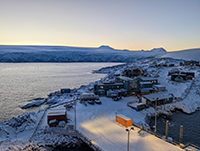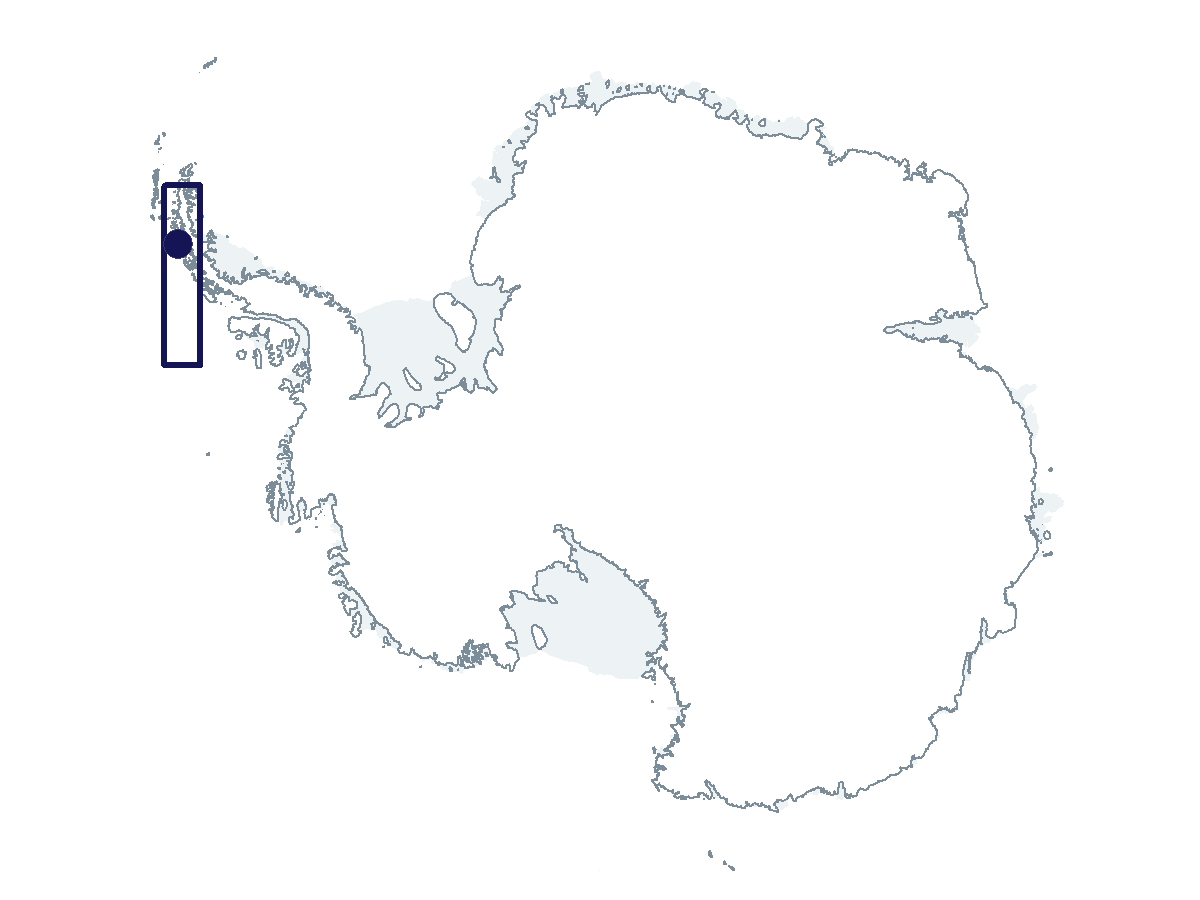2023-2024 USAP Field Season
Project Detail Project TitlePAL-LTER: Ecological response to "Press-Pulse" disturbances along a rapidly changing West Antarctic Peninsula Summary
Event Number:
Program Director:
ASC POC/Implementer: Principal Investigator(s)
Dr. Oscar Schofield
Project Web Site: Location
Supporting Stations: ARSV Laurence M. Gould, Palmer Station DescriptionSeasonal sea ice-influenced marine ecosystems at both poles are characterized by high productivity concentrated in space and time by local, regional, and remote physical forcing. These polar ecosystems are among the most rapidly changing on Earth. The Palmer Long Time Ecological Research (PAL-LTER) seeks to build on three decades of long-term research along the western side of the Antarctic Peninsula to gain new mechanistic and predictive understanding of ecosystem changes in response to disturbances spanning long-term, subdecadal, and higher-frequency “pulses” driven by a range of processes, including long-term climate warming, natural climate variability and storms. These disturbances alter food-web composition and ecological interactions across temporal and spatial scales that are not well understood. Researchers will contribute fundamental understanding of how population dynamics and biogeochemical processes are responding within a polar marine ecosystem undergoing profound change. Field Season OverviewLaurence M. Gould Five participants of the C-019 project will embark on the ARSV Laurence M. Gould for the LMG24-01 cruise. Underway seawater filtration, 14C radioisotope work, CTD (connectivity, temperature, and depth) sampling, optical instrument data collection, and on-deck incubation experiments will be undertaken to investigate the stress responses of phytoplankton throughout the Western Antarctic Peninsula. Process Studies near Palmer Station will coordinate with Palmer Station-based teams in inflatable boats for work outside the traditional safe boating area. Palmer Station The PAL-LTER team will continue to study seasonal and local- scale processes at Palmer Station with field sampling and specific, intensively focused laboratory experiments to test hypotheses generated from the fieldwork. The specific requirements for C-019-P include water sampling at Station E twice per week in collaboration with the Van Mooy (C-045) group, EK-80 surveys and optical surveys, incubation experiments, Palmer Canyon collaborative LTER surveys, and the use of the radioisotope 14C. Deploying Team Members
|
2023-2024 Science Planning Summary



For USAP Participants |
For The Public |
For Researchers and EducatorsContact UsU.S. National Science FoundationOffice of Polar Programs Geosciences Directorate 2415 Eisenhower Avenue, Suite W7100 Alexandria, VA 22314 Sign up for the NSF Office of Polar Programs newsletter and events. Feedback Form |



